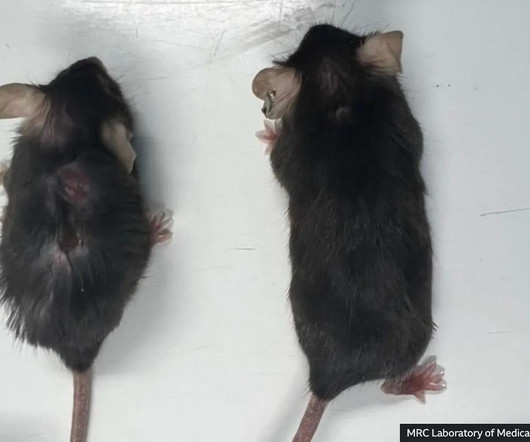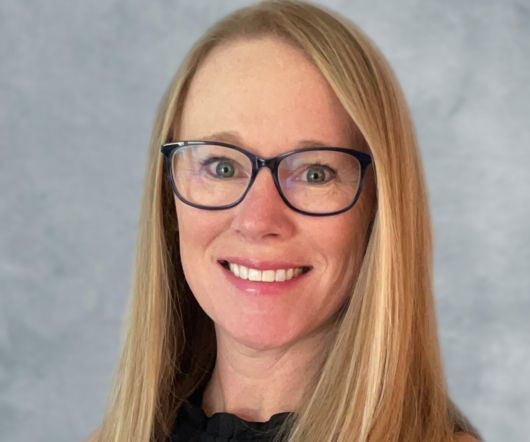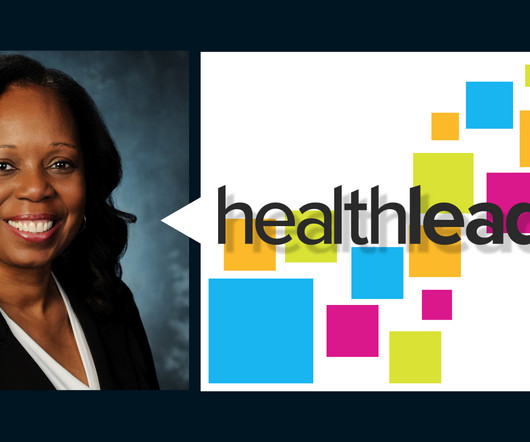“Supermodel Granny” Drug Extends Lifespan in Lab Animals
Scrubs
JULY 19, 2024
A drug has been shown to extend the lifespan of laboratory mice by nearly 25%, offering promising implications for human aging. Treated mice, nicknamed “supermodel grannies” for their youthful appearance, were healthier, stronger, and developed fewer cancers than their untreated peers. Researchers from the MRC Laboratory of Medical Science, Imperial College London, and Duke-NUS Medical School focused on interleukin-11, a protein that increases with age and contributes to inflammation.













Let's personalize your content